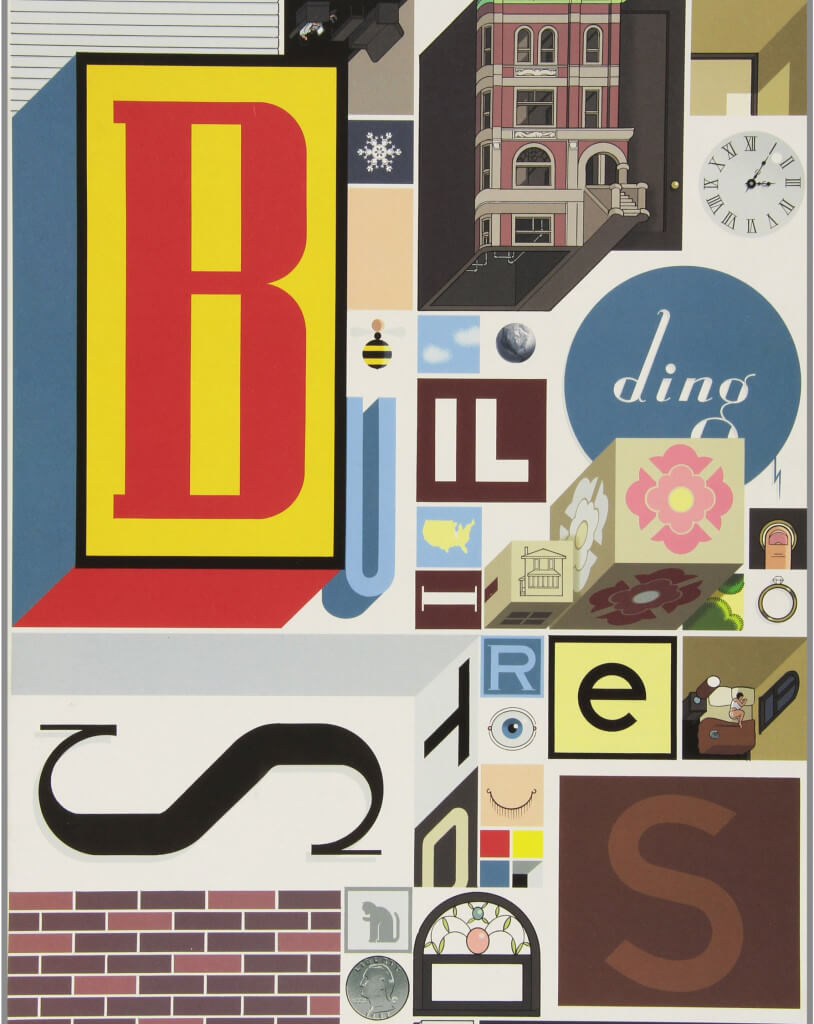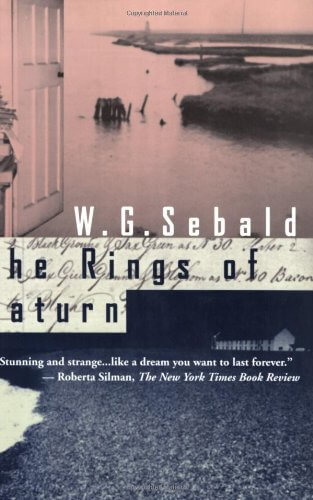OK, we are somewhere between ankle and knee deep into the 21st century. From a literary perspective, what does the new era have to show for itself?
By the time we were this far into the 19th century, we already had Jane Austen’s “Sense and Sensibility” and “Pride and Prejudice.” And we were on the cusp of being introduced to Mary Shelley’s “Frankenstein.”
 The early 20th century gifted the future with Joseph Conrad’s “Heart of Darkness,” Jack London’s “The Call of the Wild,” E. M. Forster’s “A Room with a View,” Edith Wharton’s “The House of Mirth” and James Joyce’s “A Portrait of the Artist as a Young Man”—just to name a few.
The early 20th century gifted the future with Joseph Conrad’s “Heart of Darkness,” Jack London’s “The Call of the Wild,” E. M. Forster’s “A Room with a View,” Edith Wharton’s “The House of Mirth” and James Joyce’s “A Portrait of the Artist as a Young Man”—just to name a few.
To find out what modern works might have lasting impact, the NIU Newsroom went to Department of English faculty members, asking: What’s the best fiction of the 21st century?
Their responses below are surprising – and in some instances a reminder that the modern world has brought with it new genres and mediums that are redefining storytelling. Taken together, the selections show that literature pushing the boundaries of imagination and form is alive and kicking.
Professor Kathleen Renk
In my view, the best novel of this short century is Ian McEwan’s “Atonement.” McEwan explores the nature of writing through a developing writer, 13-year-old Briony, who falsely accuses a friend of a crime. The novel also reflects on the disastrous Battle of Dunkirk, which helped lead to the demise of the British Empire. McEwan dazzles us with his profound ability to make us care about both.
 Professor Amy Newman
Professor Amy Newman
In Chris Ware’s “Building Stories”—a box containing a Golden Book, pamphlets, leaflets, a tabloid, a folded board game and more—the protagonist, a failed artist, broods through her memory and imagination. As we read the texts, in any order, we build her story, finding ourselves within the architecture of a radiant work coming into being. Ware’s characteristically melancholic and meditative visual rhetoric celebrates our ordinariness, and the dimensional, art-making mind.
Professor Phil Eubanks, interim English department chair
I have no idea what works of fiction will last and which will not. But I return in my mind, again and again, to Yann Martel’s “Life of Pi,” a readable, riveting story of a young man who crosses the Pacific in a lifeboat—just him, a few supplies and a large tiger. At the beginning of the novel, we are promised a story that will makes us believe in God. By the end, it’s not entirely clear what that means.
Professor Alexandra Bennett
Plays are not, strictly speaking, fiction. Yet they are no less important than novels or short stories in our literary lives. My pick for one of the best plays of the 21st century so far is Bruce Norris’s “Clybourne Park.” At once sharp, funny and shocking, it shows how the immediacy of drama perfectly positions plays to explore the way we live now.
Professor Tim Ryan
 For me, the most compelling and resonant fiction of the 21st century hasn’t been in prose, but—unexpectedly—on TV. Like the best works of literature, “The Shield,” “Breaking Bad,” “The Americans,” “Deadwood” and “The Wire” are supremely well-crafted and multi-layered works that reward repeated viewing and stimulate provocative analytical discussion. Meanwhile, the greatest piece of written storytelling so far this century isn’t even fiction: Robert Caro’s ongoing multi-volume biography of Lyndon B. Johnson—including “Master of the Senate” (2002) and “The Passage of Power” (2012)—is as powerful, compulsive and dramatic as any novel: a grand panorama of America and American politics in the 20th century.
For me, the most compelling and resonant fiction of the 21st century hasn’t been in prose, but—unexpectedly—on TV. Like the best works of literature, “The Shield,” “Breaking Bad,” “The Americans,” “Deadwood” and “The Wire” are supremely well-crafted and multi-layered works that reward repeated viewing and stimulate provocative analytical discussion. Meanwhile, the greatest piece of written storytelling so far this century isn’t even fiction: Robert Caro’s ongoing multi-volume biography of Lyndon B. Johnson—including “Master of the Senate” (2002) and “The Passage of Power” (2012)—is as powerful, compulsive and dramatic as any novel: a grand panorama of America and American politics in the 20th century.
Professor Joe Bonomo
Michael Chabon’s “The Amazing Adventures of Kavalier & Clay” was published in 2000 (technically part of the previous century), but I’m going to hustle it into the 21st Century. Chabon spans Prague to Manhattan, the roiling events before the Second War to placid mid-1950s suburbia, ostensibly telling a story about comic books, but really narrating a complex history of American pop culture, the changing family dynamic and the strength of fraternal love. This century has also given us fantastic narrative drama on television. I’m still reeling from the greatness of Walter White’s transformation in “Breaking Bad” to comment coherently, but “The Sopranos” has been gone for nearly a decade now, and its legacy is secured. Tony Soprano’s travails at home and at work, in his living room and in his backroom mob hideouts were nothing short of novelistic in detail, breadth, and emotional and psychological complexity. David Chase and company dramatize a fascinating, complicated man and the messiness he resists and covets.
 Instructor Daniel Libman
Instructor Daniel Libman
I’m with Sir-Mix-a-Lot when he sings, “I like big books and I cannot lie.” I’m also a sucker for ambition and scope, so I’d like to contribute Karl Ove Knausgaard’s “My Struggle,” with a few caveats. First, is it fiction? Publisher Farrar, Straus and Giroux labels this six-volume set as a novel, and you’ll find it in the fiction section in bookstores (assuming you can find a bookstore—I believe the airport has one), yet it’s so autobiographical it reads more like memoir. Second, I’ve only read the first three books—the final two haven’t even been published in English yet. Third caveat: I’m not sure it’s actually any good. “My Struggle” is so raw, so clunky and inelegant, it sometimes feel like Knausgaard’s vaunted “originality” has mostly to do with stripping away artistry. So why recommend? Because moments of it are straight-up transcendent, all the more so for bubbling up through the muck. One example is the final section of the first volume, which concerns Knausgaard cleaning his grandparent’s home after years of neglect. The details of cleaning those bathrooms, the sound of a bathmat that hasn’t been washed in years being lifted off the floor, the tenderness the narrator shows toward his befuddled grandmother—those scenes are so simple, beautiful and haunting I’m afraid I’m still on the hook, 2,000 pages later.
 Professor David Gorman
Professor David Gorman
The 21st century is only 15 years old. That’s not really long enough to identify any key works. If you’re willing to go back to the final years of the previous century, the most recent writer whom I feel sure will have staying power beyond this generation is unquestionably W.G. Sebald (1944-2001), who died prematurely and left behind only six books, four of which are masterpieces. The best of these is titled in English “The Rings of Saturn.” (WGS wrote in German). What seems like a meandering description of a meandering walk across the British countryside contrives to be hypnotically fascinating as well as deeply enigmatic. Page by page, the book consists of digressions and asides; yet the overall impression is of great profundity. No other modern book speaks so deeply (or so unobtrusively beautifully) to the essential sadness of things.

